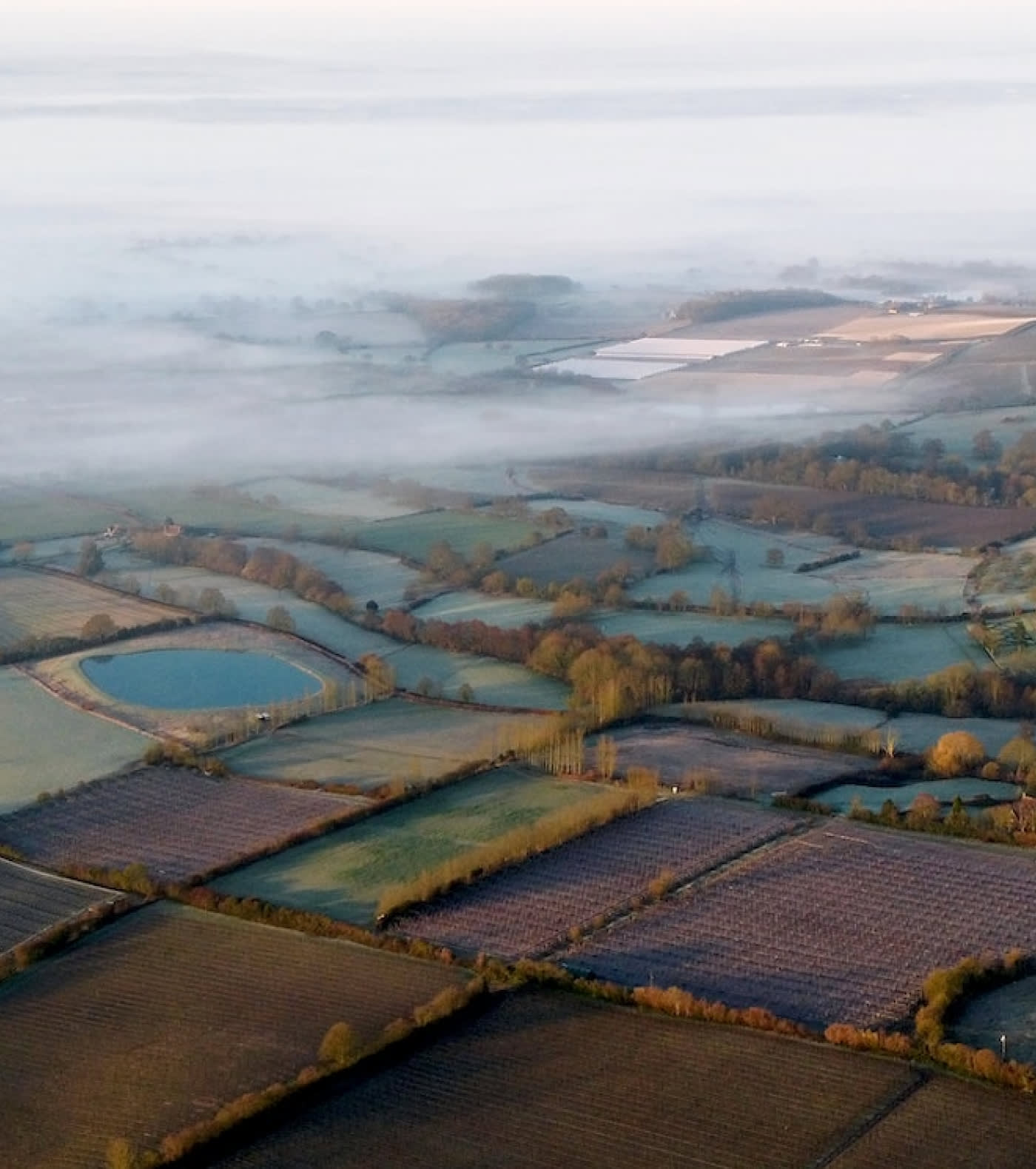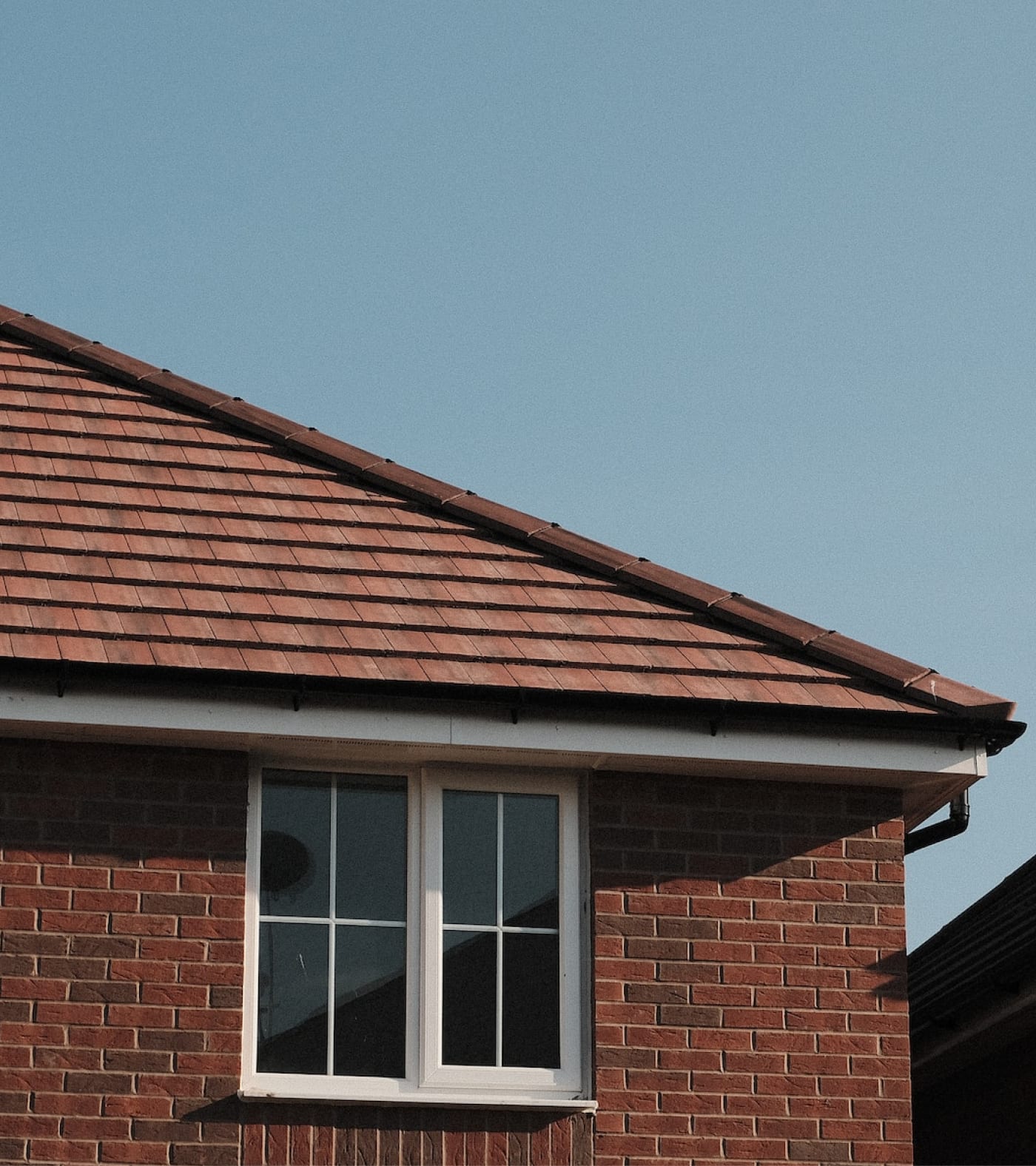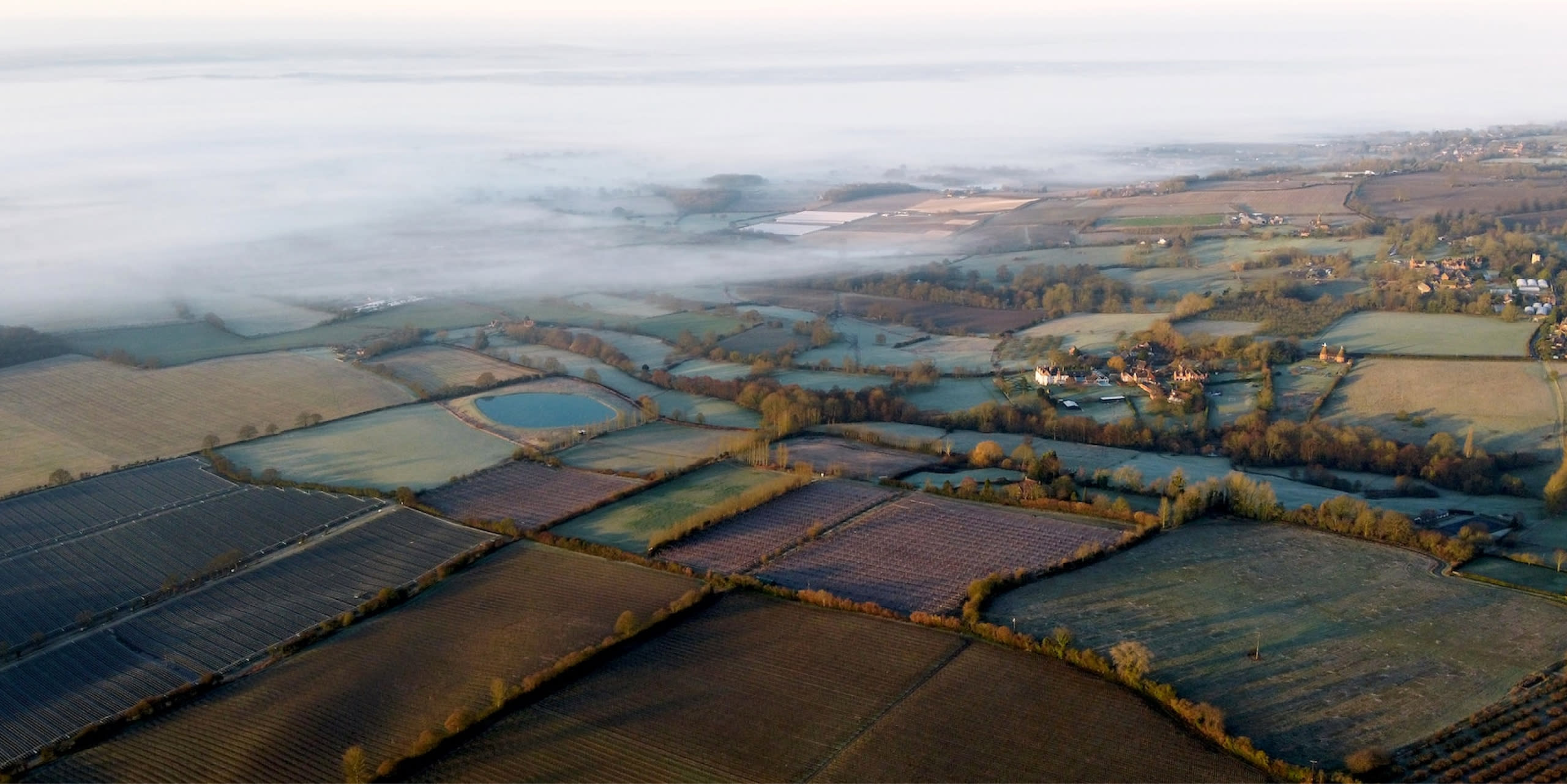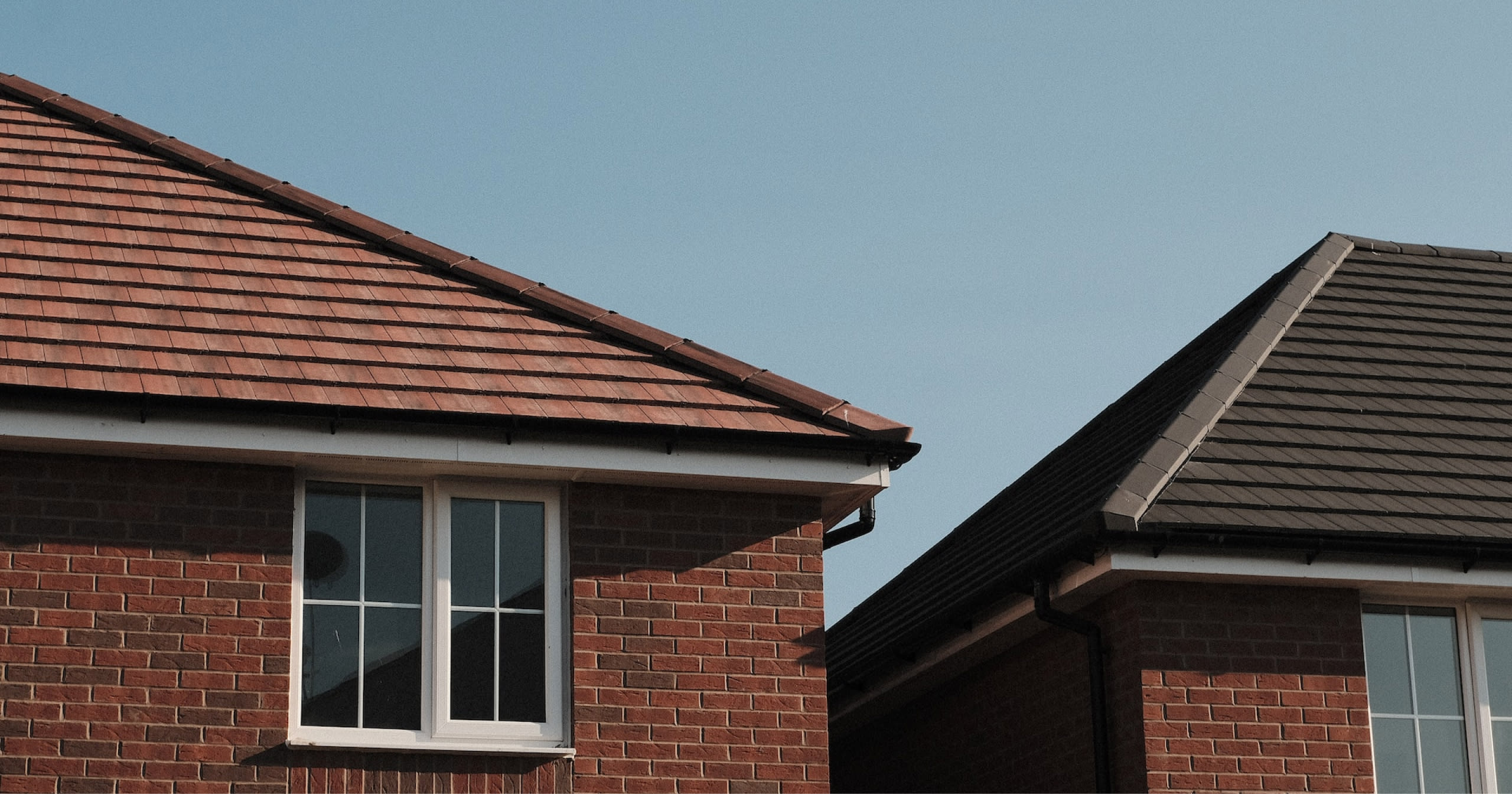Place naming for a better way of living

We were approached by landowners and stakeholders from the Rockingham and De Capell Brooke families respectively to research and develop a place name that would fit authentically within the historic British landscape.

Societies are facing huge levels of change and uncertainty with the climate emergency, the cost-of living crisis, and longer-term impacts of the pandemic. Now and more importantly, in the future governments, brands and communities must step up and offer support in the form of empathy, guidance and action to safeguard people and planet. People themselves will be expecting to live differently, in a way that works for them. We knew therefore, that the place name of this particular housing development needed thorough consideration – societies and people are demanding better ways of living and our name needed to reflect that aspiration.
To ensure the Landowners commitments and the heritage of area of Corby, we researched both the overall history of place naming in the UK as well as the history of Corby itself including Anglo-Saxon, Norman and Scottish influences.
8 x stakeholder interviews:
We conducted stakeholder interviews with several key members – from landowners to architects, house builders to councillors to collate thoughts on the key values and requirements of place making.
Consultation with Professor Richard Coates (Professor emeritus of Onomastics):
We constantly referred our thinking to Professor Richard Coates who offered advice and information to understand the intricacies of historical place naming and toponomy.
Secondary research:
To ensure the Landowners commitments and the heritage of area of Corby were considered when naming the new development, we ensured an understanding of the history of the area. We researched both the overall history of place naming in the UK as well as the history of Corby itself including Anglo-Saxon, Norman and Scottish influences as well as any cultural or literary references or symbolism related to this specific area.
Place naming audit:
A place naming audit was conducted to understand what makes up the surrounding area to the development and the meaning behind the place names. Research found that most of the local village names had Anglo-Saxon origin, including Cottingham, Middleton and East Carlton.
Competitor audit:
When we investigated local new developments, naming followed a very similar pattern. The names are mostly evaluative and descriptive – with many using ‘Park’ e.g., Clarence Fields, Seagrave Park, Darcie Park.

By considering this historical and cultural context we were able to create a name which felt independent from the normal trends seen across developments. Taking all research and learnings into consideration, we were able to define our chosen name, Ardenbury.
When testing the name in quantitative research it was clear that those already living in the area have a positive affinity with the final name. The research undertaken allowed us to confidently move forward with our chosen name with the blessing of local Corby residents and the project stakeholders.


